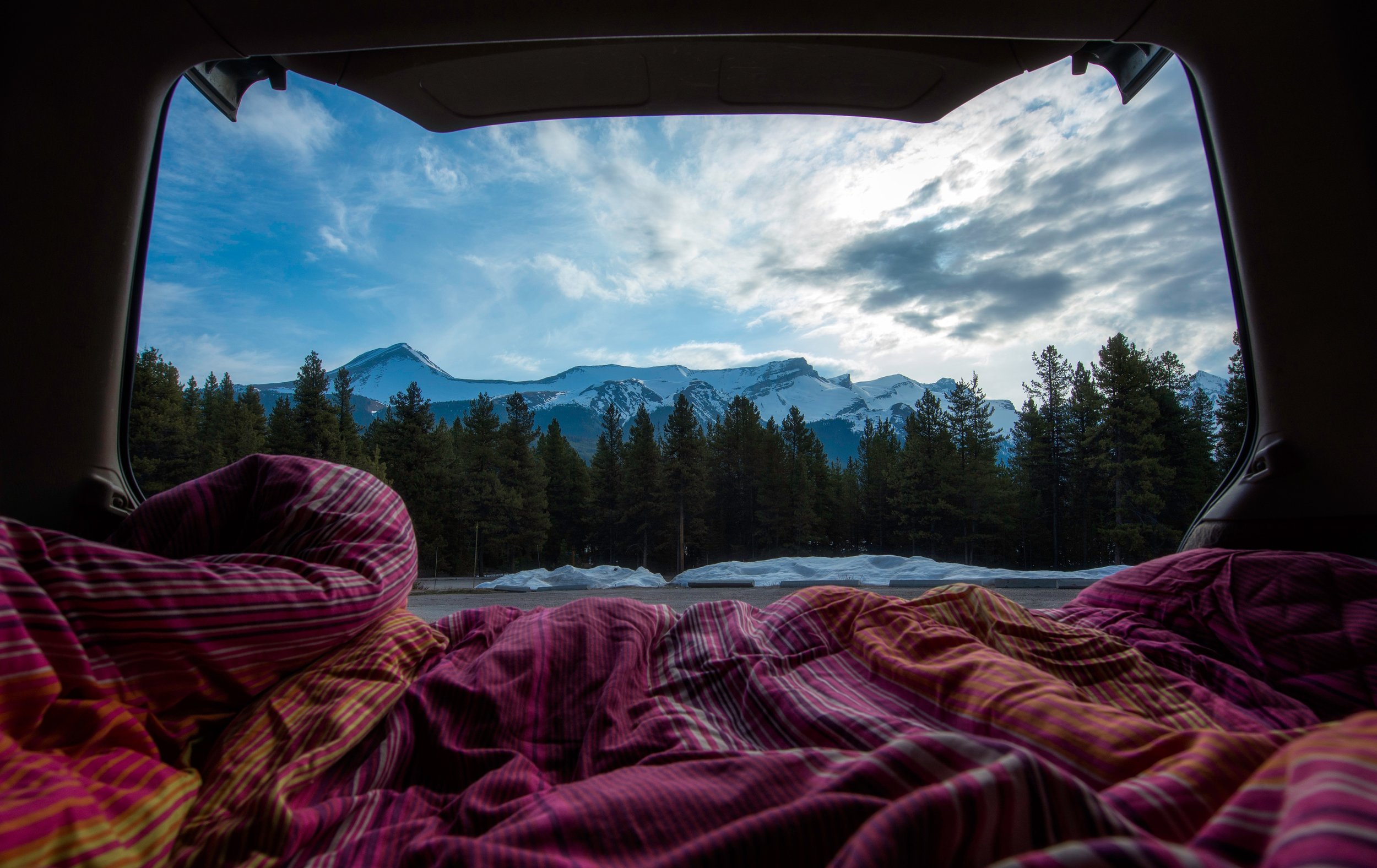Living Without an Address
/Ever wish you could pack up all your belongings, keeping only what fits in your van, and just go?
The life of a nomad is a daily road trip. You get to see new places, experience new things, you’re always on the move. Each day is a different adventure. Nomad living is becoming a trend, and you might be surprised to find out it’s much easier than you think.
Photo Courtesy: Tyler Lillico, Unsplash
First, let’s rule out the obvious primary concern: obtaining a steady income. How do you earn money if you’re constantly on the move? Luckily, in today’s internet-focused society, it’s easier to earn money without ever having to visit the office.
Photo Courtesy: Avi Richards, Unsplash
If you work an office job, ask your employer if this would be an option for you. If it turns out you are needed in the office for a meeting or conference, Skype is a wonderful tool that allows you to be there without physically being there. And conference calls have been around for years—for that particular reason. You can submit all your stuff online by using the free WiFi at McDonald’s. Better yet, with all the money you’re saving from not paying rent (or a mortgage), or the dozens of other bills that come with owning or renting a place, you can pay for a WiFi hotspot for your laptop. You’ll have an internet connection virtually anywhere.
If you don’t have the option of working away from your work site, maybe you should consider getting a different job. Here are some job options that allow you to make money while travelling. These options take more initiative and effort, and you should establish yourself in this job before leaving everything behind. But they’re options, nonetheless.
Photo Courtesy: Kevin Bhagat, Unsplash
- Writing (blogging, travel writing, freelance writing)
Online business
Social media
Musician
Web design
Photographer
Airbnb (rent out your place to make money)
This is just a sampling of jobs that allow you to travel.
For more information, check out https://expertvagabond.com/best-travel-jobs/, or
https://matadornetwork.com/abroad/20-awesome-travel-jobs-and-how-to-get-them/
Photo Courtesy: Huib Scholten, Unsplash
Now, let’s address hygiene and nutrition. How will you shower? How will you cook your meals? Where will you rest your head at night? Unless you’re a total hippie who doesn’t mind showering once a month, sleeps in their car, and is perfectly content doing your business in the woods, you should consider buying an RV, a trailer, or a bus that you can remodel to suit your taste. They’re much more affordable than houses, they provide all the comforts of home, and you only have to pay for gas.
Otherwise, if you don’t mind living out of a suitcase (or a backpack), backpacking might be for you. Many hostels offer free rooms in exchange for work. Some might even pay you. This way, you’ll earn money, or at least get a free room.
Nomad living isn’t for everyone. You need to do your research and have at least a makeshift gameplan before you hit the road. But if wanderlust has taken hold of you, if you want an experience to remember, or if you feel stuck and want to drastically change your life, the nomadic lifestyle could be exactly what you need.
Photo Courtesy: Justin Luebke, Unsplash
For more information on the nomadic lifestyle, check out these pages:
http://becomenomad.com/tips-on-how-not-to-lose-your-sanity-on-the-move/
http://www.alifeofblue.com/forever-nomad/
https://www.huffingtonpost.com/learnvest/the-nomad-life-why-living_b_7810672.html
Natalie is a self-proclaimed hippie who loves Earth, animals, and sometimes, people. She hopes to inspire others to live in a more kind-hearted, environmentally-conscious way, while making their lives less materialistic and more meaningful.







